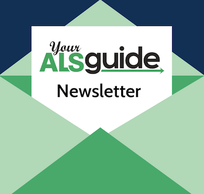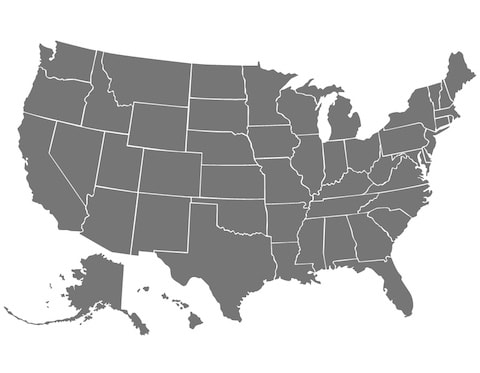Non-Drug Interventions for ALS |
|
|
There are a few approved drugs for ALS that can help you live longer, but so far none have proven as effective at extending life and improving quality of life as the interventions outlined below.
|
|
Noninvasive Ventilation (NIV)
If you are experiencing respiratory symptoms like shortness of breath or difficulty breathing while lying down, noninvasive ventilation can provide helpful breathing support through a mask that you can put on and take off as needed. Noninvasive ventilation is very different from invasive ventilation, which involves creating a surgical opening in your trachea and having a ventilator breathe for you 24/7.
Studies have shown that noninvasive ventilation can help alleviate respiratory symptoms, improve quality of life, and help you live an additional year or more. It is one of the most effective interventions available for people living with ALS. You can receive noninvasive ventilation either through a bilevel (BiPAP) machine or a portable ventilator (often referred to by the brand name Trilogy).
Studies have shown that noninvasive ventilation can help alleviate respiratory symptoms, improve quality of life, and help you live an additional year or more. It is one of the most effective interventions available for people living with ALS. You can receive noninvasive ventilation either through a bilevel (BiPAP) machine or a portable ventilator (often referred to by the brand name Trilogy).
NutritionPeople living with ALS often struggle to consume enough calories to maintain their regular weight, and weight loss can lead to accelerated muscle loss, weakness, low energy, and other issues. The dietitian at your ALS clinic can suggest ways to modify your food, consume more calories, and conserve energy. If these strategies don’t help you maintain your weight, you may need to consider using a feeding tube to receive the nutrition your body needs. Additionally, there may be some types of food that slow progression, such as omega-3 fatty acids.
|
|
Equipment
There are many different types of assistive devices that can help you stay safe, conserve energy, and be more independent. In addition to respiratory devices, there are devices for mobility, transferring, bathing, toileting, eating, sleeping, and more. Your ALS clinic and local ALS organization can suggest different devices at different stages of the disease and help you get the right piece of equipment. You can also visit our ALS Equipment Guide to learn more.
Range of Motion Exercises
As ALS progresses and muscles weaken, less movement can lead to tightness, stiff joints, pain, and discomfort. This can affect your mobility, flexibility, and ability to complete daily activities. You can reduce joint stiffness and maintain greater flexibility by stretching and doing range of motion (ROM) exercises, which are slow movements that target specific parts of the body.
ALS Clinics
Probably the most important thing you can do is find a team of ALS specialists in your area who can monitor your progress, recommend these and other interventions, and guide you every step of the way. Whenever possible, it is best to attend a multidisciplinary ALS clinic, which has been proven to help people live longer and have a better quality of life.
ALS Clinics DirectorySearch for an ALS clinic near you in our comprehensive directory.
|
This page has been reviewed by ALS neurologist Dr. Terry Heiman-Patterson.




